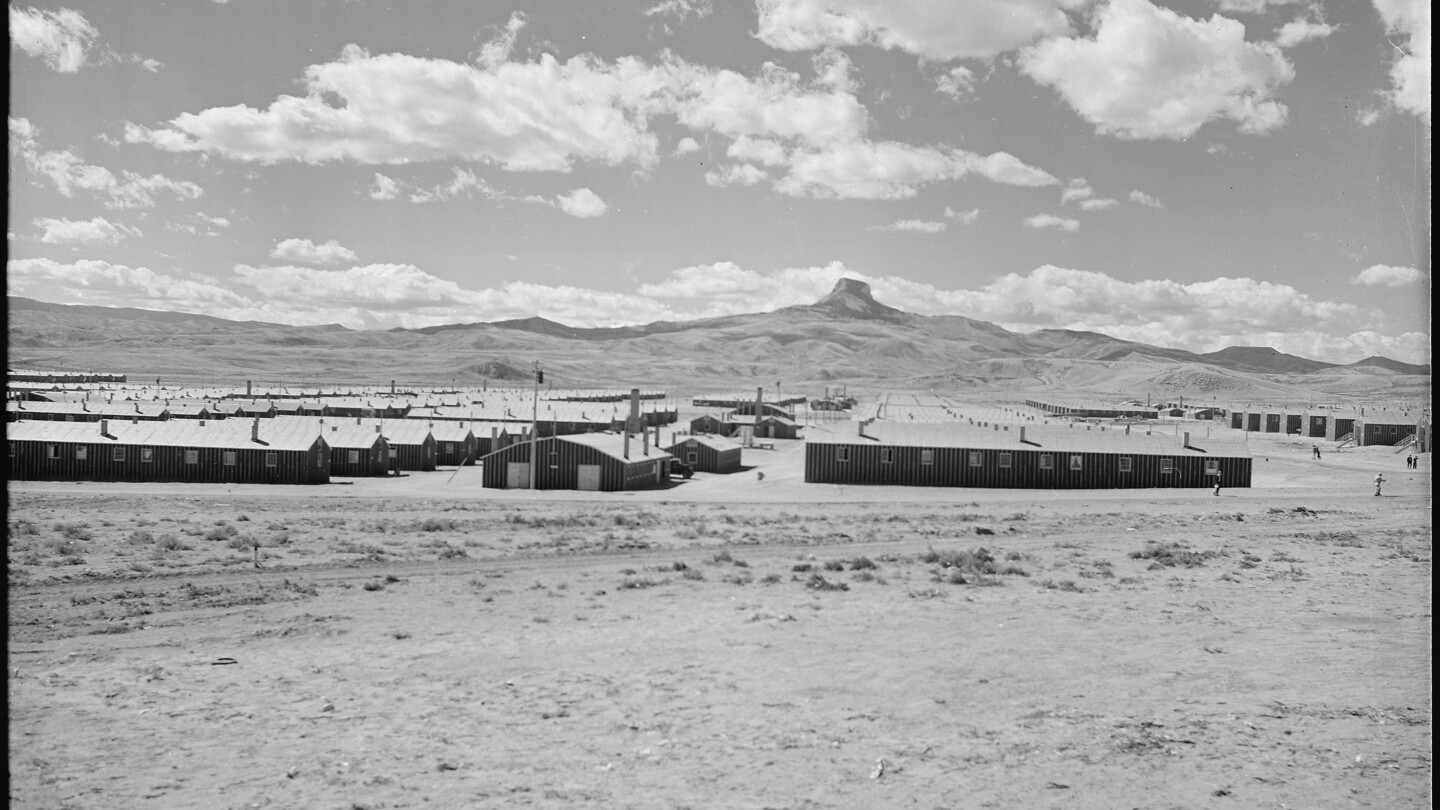Beats and Rhymes: Arrival Stories

My audio poem linked above was written as a sound collage culled from the archive of Jeremy Rosenberg's Arrival Stories column. In summer 2011, Rosenberg got the idea to record a series of stories on how people came or arrived in Southern California. Week after week for the last two years, Rosenberg recorded arrival story after story. While some scribes demarcate territory lines or deride transplants, Rosenberg celebrates all past, present and future Los Angeles residents as well as the spirit of coming to California:
I was born in Vancouver, which is a beautiful city
We came from Paraguay, in South America.
I was born in Seoul, Korea. We lived there until I was five.
We packed everything up into our Toyota Corolla.
I drove cross-country and went across Oklahoma and Texas
I really came to L.A. by way of Las Vegas.
The idea of Arrival is a timeless concept because we are all in our own stage of arriving. The act of arrival represents dawn, an entrance, a new beginning, genesis, morning, a rebirth, commencement. Moreover, Rosenberg knows that even Angeleno natives were arrivals a few generations ago. His stories celebrate the subjects' own coming of age under the California sun, and inevitably chart important historical, social, and political issues of the region through each arrival story.
I asked him how he came up with the idea: "Like so many other people, I was a huge and longtime fan of Juan Devis' Departures -- and then Land of Sunshine -- project. Juan invited me to consider ways to react to and further express Departures' content. Arrival Stories serve as distillations -- or, personifications -- of so many of the significant social, economic, political, historical, migratory, legal and cultural themes that the KCET.org series addresses."
Christopher Isherwood was known for his statement, "I Am a Camera," and the same idea applies to Jeremy Rosenberg. His prose matches the clear lucidity of Isherwood's and acts as a mirror to reflect each in all their glory. In a city of talkers, you may never meet a better listener. His ability to draw out his subjects is what makes the archive of his Arrival Story column so valuable.
I first met Rosenberg 13 years ago when he wrote for the Los Angeles Times Calendar Section and was an Online Editor for their gallery listings. At the time Phillip Martin and I were throwing art and poetry events in our Koreatown loft and casting our nets across the city for like-minded folk. I met Rosenberg and we briefly shared good words on the local art scene and Los Angeles culture via email. Two years ago when I started writing for KCET we reconnected and the relationship continued to build. His tremendous capacity to let his subjects shine makes each Arrival Story very meaningful.
An L.A.-centric publisher would be wise to cull a manuscript or two from his well-researched body of work. There are easily several books within Rosenberg's prolific writing output over the last two years at KCET. This poem is my tribute to his vision and the endless narrative of Arrival Stories. Within the archive of Arrival Stories lies the mythos of the California Dream:
I fell in love -- I was wooed by the weather,
I walk in the canyons and climb the local hills,
I look out to the Channel Islands and see a ship on the water
the common denominator is,
people come to L.A. to make
a life for themselves.
It's like being on the yellow brick road,
it's wonderful
Thanks to Steve Abee, Chiwan Choi, Marcus Gray, Diane Harris Hara, Tanya Frank, Keren Taylor, Yvonne Chan, Meena Nanji, Lucia Capacchione, Miles Regis, and Ariani Delawari for their words and inspiration. The poem collages a few sound-bytes from these dynamic figures and their respective Arrival Stories:
I mean, there we were in a tropical paradise
our weekends were filled with trips to the beach
there were Afghan refugees and live musicians.
People would go across the canyons. Guys and girls.
And there was a sense of community because
you had long hair. Maybe you had a guitar
Rabab, harmonia, tabla, Afghan ghazal singers,
one hundred cousins of every single religion & nationality
Rosenberg's advanced writing and communication skills have led USC to recently hire him as Assistant Dean of Public Affairs and Special Events at the USC Annenberg School for Communication and Journalism. Understandably, his two weekly KCET columns Arrival Stories and Laws That Shaped L.A. will be on hiatus. L.A. Letters salutes his extensive body of work and congratulates Rosenberg for his well-earned promotion.
Top: LAX Arrival. Photo: Daniel Incandela/flickr/Creative Commons


